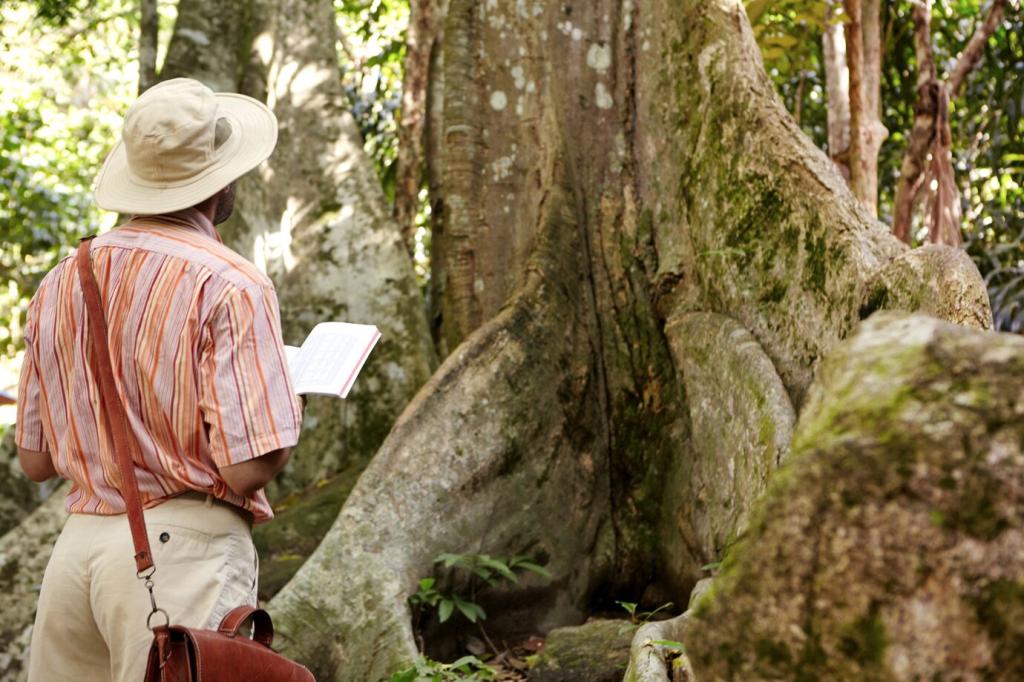Ethical Souvenir Shopping: Bring Home Stories, Not Stereotypes
Today’s chosen theme: Ethical Souvenir Shopping. Learn how to choose meaningful, fairly made keepsakes that honor artisans, protect culture, and tread lightly on the planet—so your souvenirs carry joy, not hidden harm.



What Ethical Souvenirs Really Mean
Think of ethical souvenir shopping as four steady pillars: fair compensation, authentic origin, environmental responsibility, and cultural respect. When all four stand together, your keepsake supports real livelihoods and preserves tradition rather than exploiting it.
What Ethical Souvenirs Really Mean
Authenticity reveals itself through traceable stories, maker names, materials you can verify, and techniques rooted in place. If a vendor proudly shares who made an item and how, you’re already closer to an ethical choice.
Do Your Homework Before the Market
Certifications That Actually Matter
Look for Fair Trade or WFTO labels for labor standards, UNESCO or local heritage seals for craft authenticity, and CITES compliance for wildlife materials. No label is perfect, but credible certification offers strong starting assurance.

Championing Local Artisans and Co-ops
Visit the Workshop, Not Just the Stall
Stepping into a weaving room or pottery courtyard reveals the real labor and love behind a piece. You’ll better understand pricing, materials, and skill—and often find more unique items than in tourist-heavy markets.
Fair Prices, Tips, and Time
When a piece takes days to make, a rock-bottom price is a red flag. Pay fairly, tip when appropriate, and value the artisan’s time. Your respect becomes a practical investment in their craft’s future.
A Maker’s Story: The Loom in the Courtyard
In a sunlit courtyard, an elder explained how each dye came from local plants and stories. I paid her asking price, then added extra for her apprentice’s lessons. That scarf carries their voices every time I wear it.


Cultural Respect Over Appropriation
Some garments, motifs, and ceremonial objects are restricted or sacred. If an item carries spiritual significance or community-only status, admire respectfully, learn its meaning, and choose another piece that welcomes outsider ownership.
Cultural Respect Over Appropriation
Seek items where communities authorize designs or receive royalties. Licensed reproductions, co-created collections, and community-vetted collaborations ensure artisans retain agency over patterns that represent identity, history, and collective pride.
Materials and Packaging with a Conscience
Favor responsibly sourced wood, plant-based dyes, organic fibers, recycled metals, and certified wildlife-safe components. Ask how materials are harvested and processed, and choose items designed to last rather than trend-driven, disposable trinkets.
Materials and Packaging with a Conscience
Request paper, cloth wraps, or reusable pouches over plastic. Vendors often have alternatives if asked kindly. Pack fragile pieces with clothing you already carry, reducing bubble wrap while keeping your treasures safe.


Bargain Kindly, or Choose Not to Bargain
In some markets bargaining is expected, but respect still leads. Start with a friendly greeting, make a reasonable counteroffer, and accept a fair middle. If the price feels right, pay it without haggling.
Bundle Smart, Don’t Squeeze Hard
Buying multiple items can reduce costs without undercutting wages. Propose a fair bundle price and emphasize you value the work. Everyone leaves smiling, and the artisan’s time is honored, not shaved away.
Relationships Beat Discounts
Return to the same stall, learn names, and share your appreciation. Loyal customers often receive the best selection and steady prices, making savings a byproduct of trust rather than pressure.
Share, Subscribe, and Spread the Word
Show Your Ethical Finds to Inspire Others
Post the maker’s name, location, and process along with your souvenir photo. Tag responsibly and credit artisans. Your share can direct future travelers toward ethical choices and away from exploitative copycats.
Join Our Community and Keep Learning
Subscribe for artisan spotlights, market guides, and cultural insights that deepen your ethical souvenir shopping skills. We’ll send practical checklists, fresh stories, and alerts about problematic trends to help you stay informed.
Tell Us Your Dilemmas and Wins
Have you faced a tough decision at a market stall? Share questions and experiences in the comments. Your story could help another traveler choose ethically and encourage artisans who are doing everything right.
